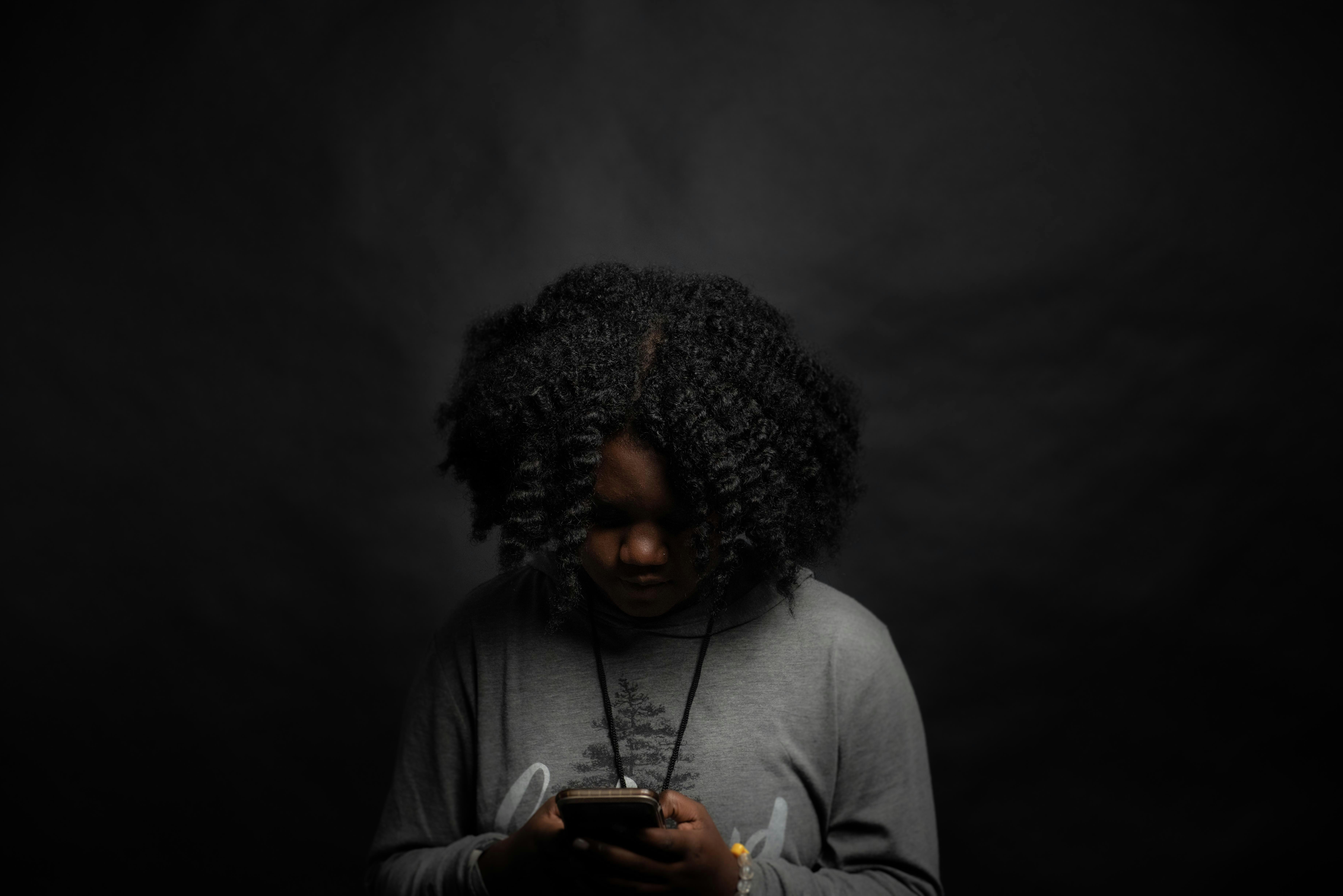Aesthetics and Self-Image
Aesthetics aren't just about looking good, they're deeply tied to self-expression and identity. From fashion choices to styled feeds, people use visual style to feel understood and seen by others.
Social media has made this kind of self
expression both easy and complicated. On one hand, it allows people to
explore different styles and connect with others who share similar
tastes. On the other hand, the constant exposure to highly curated and
edited content can create pressure to look and live a certain way.
The desire for validation often plays a role. When a post receieves a lot of likes or comments, it reinforces the idea that a certain look is "working." Overtime, this can influence how people dress, what they buy, and even how they see themselves.
When Perfection Backfires
While aesthetics can boost confidence and spark creativity, they can also come with downsides. Constanty seeing idealized images online can lead to comparison and feelings of self-doubt. Even though many users know that filters and editing are involved, it's still easy to feel like everyone else has it more together, or looks more perfect.
This can affect mental health, especially when people feel pressure to meet unrealistic standards. From body image issues to anxiety over social media performance.

It's important to remember that online content is curated, often more than people want to project than what's real. Finding balance between inspiration and authenticy is key to using aesthetics in a healthy way.
To learn more about building confidence and self-esteem in the age of social media, visit the Dove Self-Esteem Project.